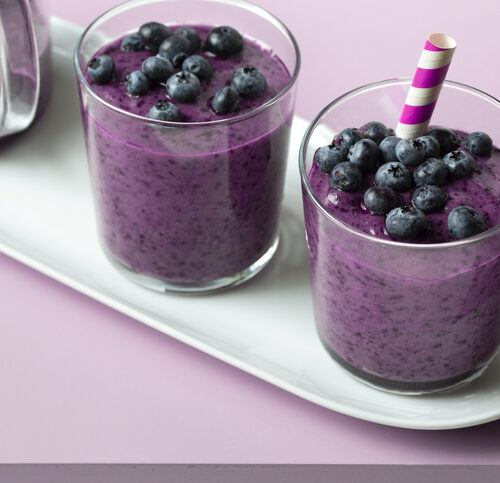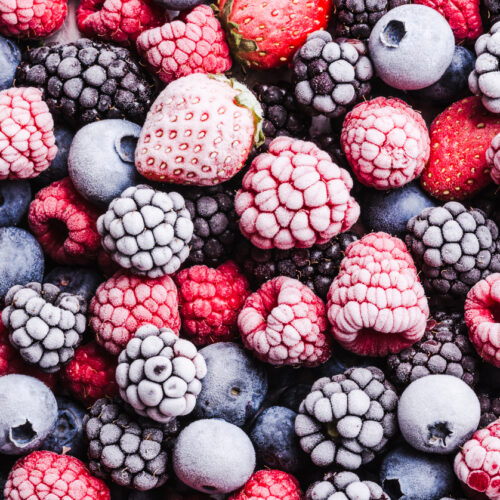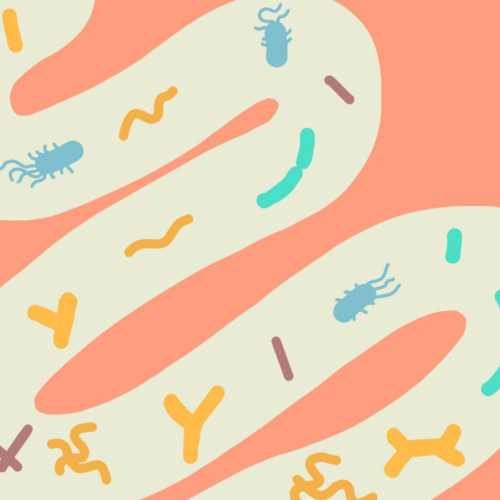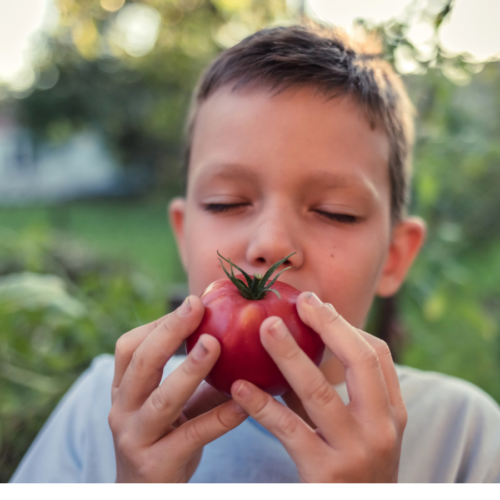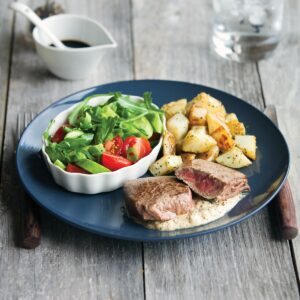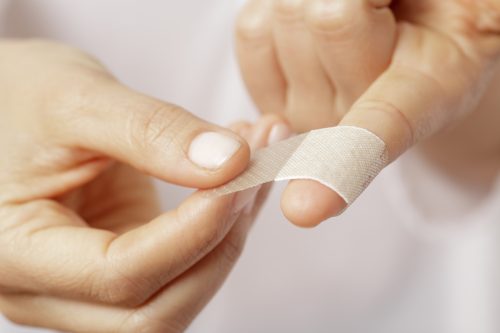
Q: “I seem to always be getting cuts and grazes that take ages to heal and I now have an ulcer. Could changing my diet help?”
LorraineA: HFG nutritionist Claire Turnbull responds:
Nutrition plays an essential role in wound healing. A healthy diet with a balance of carbohydrate, protein and fats is a fantastic place to start. There are also a few specific things you can make sure you are on top of to ensure your chances of healing are at their best.
- Aim to include protein-rich foods at each meal and snack, eg. lean meat, fish, low-fat dairy products such as milk and yoghurt. Inadequate protein can delay healing.
- Fatty acids are a part of cell membranes so to help damaged cells in your wounds heal it’s important to ensure you have enough healthy fats in your diet. Aim to include small amounts of nuts, seeds or avocado every day and use a little canola or olive oil in cooking. Omega-3 fats are also very important, so try and have salmon at least once a week.
- Vitamin C helps strengthen the healing wound and supports the immune system. Make sure you are getting your 5+ a day.
- Vitamin A stimulates the production of collagen, which helps make a ‘mesh’ for the wound to heal itself. This vitamin is found in milk, eggs, dark leafy greens, oranges and red fruits and vegetables.
- Zinc is involved in the production of protein and collagen, which are essential for tissue growth and healing. Zinc-rich foods include red meat, fish and shellfish, milk products, chicken and eggs.
- Iron is important as it plays a part in the system which provides oxygen to the wound. The best source is red meat. (For more good sources, see How to boost iron.)
As well as looking at your diet, be sure to contact your GP to monitor your ulcer and ensure it doesn’t become infected.
www.healthyfood.com



